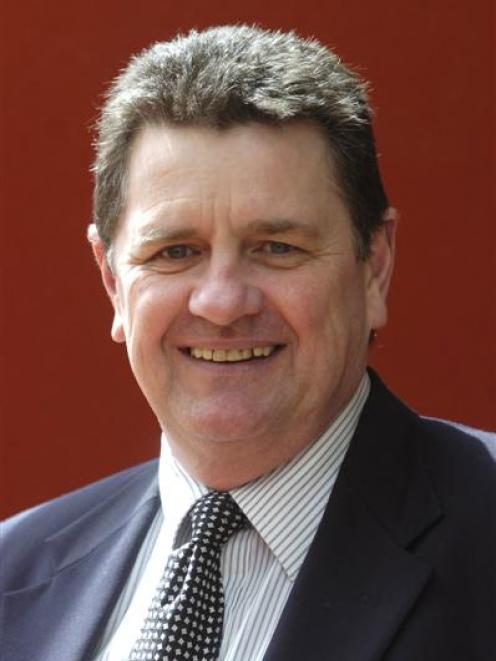
The council's draft Reticulated Utility Services (Water, Wastewater or Stormwater) Policy has been released for public consultation, with submissions closing on November 24.
Council water and waste services manager John Mackie said the initiative would replace the previously "ad hoc" approach to water infrastructure management, as the council had been without a policy governing the spread of pipes and other water infrastructure until now.
"There was no structure for how, why and who paid for extensions to the network," he said.
The new policy clarified that the city's reticulated water would be provided only to areas already zoned to receive it, and to existing developments not already connected that could demonstrate a public health, environmental or other need for the service.
Under the new policy, households in existing outlying townships could expect to pay a share of the cost of connecting to new council-owned water infrastructure, but the majority of costs would be paid for through the Dunedin rates take.
However, developers planning new subdivisions would pay 100% of costs associated with connecting to the network, to prevent them trying to "cash in" on ratepayers, Mr Mackie said.
"It's to stop opportunity seekers coming in and taking advantage of the community-wide funding," he said.
A separate policy relating to the construction of a reticulated wastewater scheme at Allanton was also progressing, with public submissions called for and a hearing expected in early December.
Under the scheme, 92 households and 250 sections at Allanton would be charged 20% of the capital cost of connecting to the network, equating to $3200 including GST, or $322 including GST annually for 20 years.
Mr Mackie said the two policies were separate, and each community wanting to join the city's network in future would be assessed on a case-by-case basis, using the guidelines laid out in the new reticulation policy.
However, charges levied under the Allanton scheme could be seen as a guide to other communities, he said.
"It does send a bit of a signal to other communities lining up and saying `how about us?'," Mr Mackie said.
Up to 12 outlying Dunedin communities - such as Harington Point or Blanket Bay - could join the council's network eventually, but the new policy was not expected to lead to a "gold rush" of applications, he said.
Instead, there was likely to be a gradual rollout of water services to outlying areas over 10 to 20 years, he believed.
It was hoped the new reticulated services policy would be in place before Christmas, once submissions went to a public hearing also expected in early December.
Funding for the Allanton scheme could be included in the council's 2009-10 annual plan, he said.



